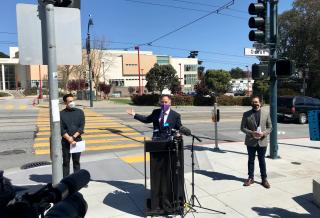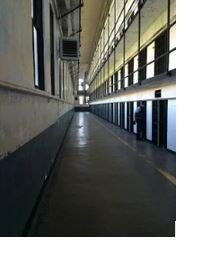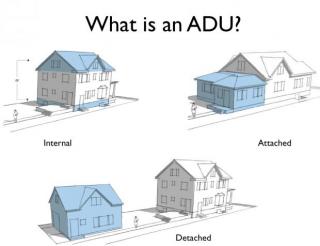2020 Totals Show Use of California’s Red Flag Law Continues to Rise Despite Pandemic
For the fourth consecutive year, more Californians and law enforcement agencies have turned to the courts to prevent senseless shootings. Judges approved 1,285 gun violence restraining orders (GVROs) last year, mandating the temporary removal of an individual’s firearms because they pose a danger to themselves or others. That brings the total number of GVROs issued in California to 3,008 since the red flag law began in 2016.
“The closure of our courts for periods of time during the pandemic may have contributed to the slow growth in GVRO usage. Still, nearly 1,300 orders were issued, with San Diego County leading the way. I’m glad that Californians have a tool to intervene to save lives and prevent tragedies,” said Assemblymember Phil Ting (D-San Francisco), the author of AB 61, which took effect September 1, 2020. The bill expanded the pool of people who can ask for a GVRO, allowing educators, employers and co-workers to file for one when coordinating with school administrators or human resources departments. Prior to Ting’s law, only family members and law enforcement could obtain a GVRO by going to the courts directly.
In California, there are two ways GVROs can be granted:
- For a duration of 21 days, immediately (which can be extended to one year with a court hearing); or,
- For a duration of up to five years, after a court hearing
 The release of gun violence data is later than usual this year because the California Attorney General’s (AG) Office began withholding firearms records. This also made it difficult for researchers to continue studying the effectiveness of the state’s gun policies. But the newly sworn-in Attorney General Rob Bonta made the vital information available as soon as he took office. However, to ensure state data regarding firearms remain accessible for years, Ting will continue to pursue AB 1237 this session - his bill reiterating the duty of the AG’s Office to release these materials to California research centers.
The release of gun violence data is later than usual this year because the California Attorney General’s (AG) Office began withholding firearms records. This also made it difficult for researchers to continue studying the effectiveness of the state’s gun policies. But the newly sworn-in Attorney General Rob Bonta made the vital information available as soon as he took office. However, to ensure state data regarding firearms remain accessible for years, Ting will continue to pursue AB 1237 this session - his bill reiterating the duty of the AG’s Office to release these materials to California research centers.
“We’re very glad to have received the information we need to continue our detailed evaluation of California’s pioneering GVRO policy. Research on many other violence prevention policies and programs also depends on data from the Department of Justice; we and our colleagues at other universities are hopeful that the legislature will act to preserve that access, for the sake of all Californians,” said Garen Wintemute, Director of the Violence Prevention Research Program at U.C. Davis Health.
AB 1237 is currently in the Assembly Appropriations Committee.


 In response to the recent wave of hate incidents targeting Asian Americans, California lawmakers today approved $1.4 million in state funding to bolster the research and reporting work underway that is tracking this concerning trend. The Asian Pacific Islander Legislative Caucus (APILC) lauds the efforts of Assemblymember Phil Ting (D-San Francisco), Chair of the Assembly Budget Committee, who secured the appropriation as part of AB 85, a fiscal measure providing additional resources for California’s ongoing pandemic response.
In response to the recent wave of hate incidents targeting Asian Americans, California lawmakers today approved $1.4 million in state funding to bolster the research and reporting work underway that is tracking this concerning trend. The Asian Pacific Islander Legislative Caucus (APILC) lauds the efforts of Assemblymember Phil Ting (D-San Francisco), Chair of the Assembly Budget Committee, who secured the appropriation as part of AB 85, a fiscal measure providing additional resources for California’s ongoing pandemic response. Millions of Californians face barriers to employment, housing and education because of old arrests and convictions, increasing the likelihood of recidivism. Assemblymember Phil Ting (D-San Francisco) has introduced AB 1308, legislation that would automatically clear criminal records for people already entitled to such treatment under current law. Many don’t go through the existing process because it’s burdensome and expensive.
Millions of Californians face barriers to employment, housing and education because of old arrests and convictions, increasing the likelihood of recidivism. Assemblymember Phil Ting (D-San Francisco) has introduced AB 1308, legislation that would automatically clear criminal records for people already entitled to such treatment under current law. Many don’t go through the existing process because it’s burdensome and expensive. With changes like lower fees, faster approvals and bans on parking and minimum lot size requirements, ADU permits in California jumped 11-fold from 2017-2019. However, an August 2020
With changes like lower fees, faster approvals and bans on parking and minimum lot size requirements, ADU permits in California jumped 11-fold from 2017-2019. However, an August 2020